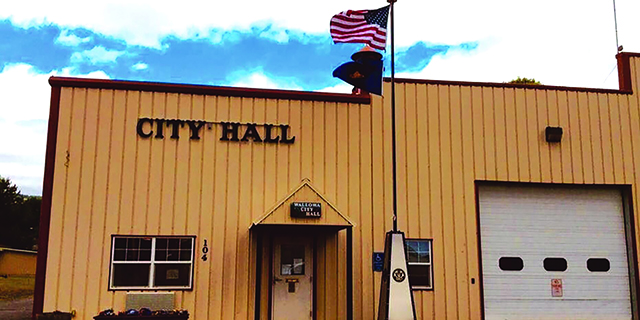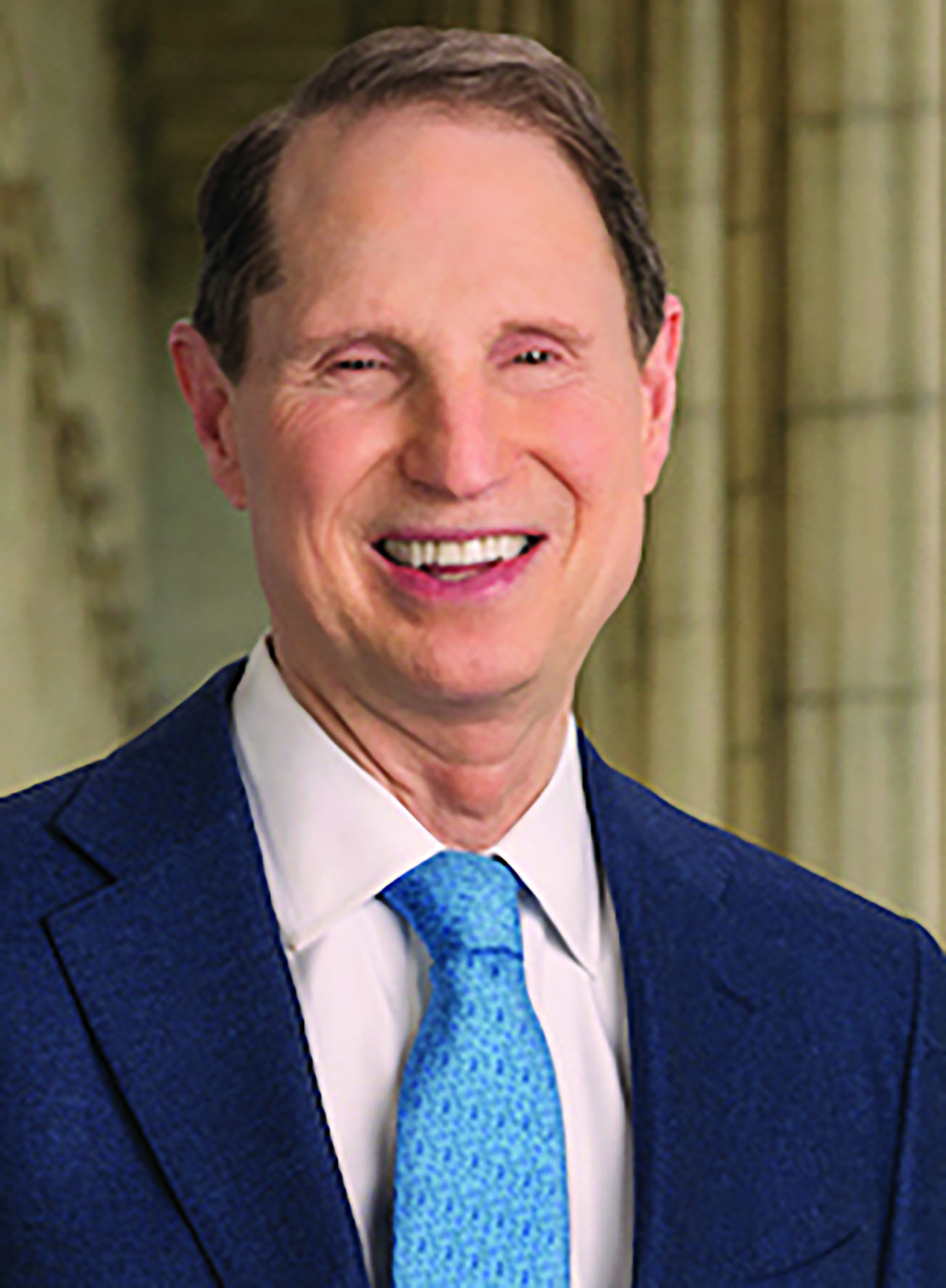Understanding the electoral college
Published 10:51 am Tuesday, April 25, 2017
This is the second in a three-part series about the Electoral College.
As I noted last month, Article II and the 12th Amendment of the Constitution lay the groundwork for what has become known as “The Electoral College.” But the Constitution leaves it up to the states to determine how Presidential Electors are chosen and even how their votes are allotted.
Trending
With the aim of minimizing the possibility of corruption, Article II declares that “No Senator or Representative, or Person holding an Office of Trust or Profit under the United States, shall be appointed an Elector.”
The original vision was that electors would be chosen by the people of each Congressional district in each state, and that because these electors would not be beholden to any candidate, they would exercise well-informed judgment when they cast their votes for president and vice president.
The founders had serious reservations regarding the wisdom of the public at large, and they wanted to establish a buffer against the selection of presidential candidates who might, in the words of Hamilton, have a talent for “low intrigue, and the arts of popularity.”
But the forces of politics and history soon moved in a different direction. Within a few years of the Constitution’s adoption, states beginning with Pennsylvania and Maryland adopted a winner-take-all system for allocating electoral votes. By 1836, all states were operating by this system, and today, only Nebraska and Maine have modest variations.
This development did not sit well with some of the architects of the Constitution. Both Madison and Hamilton argued that winner-take-all format violated the original intent of the system and reduced electors to mere proxies for the state’s popular vote.
The exact method of selecting electors varies by state and by party and can be changed according to state law and party by-laws. I cannot give you details for each state, but I can tell you how Oregon’s Democratic Party chose me as one of its seven electors in 2008.
Trending
I ran for Congress as a Democrat in the Second Congressional District in 2002 and 2004, and over the course of these campaigns, I met Democratic activists throughout the 20 counties of the district. When my wife Pepper and I moved from southern Oregon to Joseph in 2005, I continued to be involved in politics at a local party level.
I was elected first as vice chair and then chair of the Wallowa County Democratic Central Committee in 2006. In 2007, I was elected chair of the Second Congressional District Democratic Committee at the state level of the Democratic Party of Oregon.
One of the duties and privileges of that position was being designated by the party as one of Oregon’s seven Presidential Electors, in the event the Democratic presidential candidate might win the election in 2008.
In the summer of 2008 after Obama won the Democratic nomination, I along with other potential electors from every state, signed a pledge to vote for Obama for President and Biden for Vice President, if they prevailed in November in our state. They did.
I set out early Dec. 14, 2008, to drive from Wallowa County to Salem. The roads were icy here and all along I-84 and I-5, and I was glad to have a 4-wheel drive Subaru with studded tires. The next day, I proceeded to the State Capitol where I met with the other six electors in the senate chambers.
We voted at noon in tandem with other electors across the county. Each elector was issued two paper ballots, one for President and one for Vice President, and the results were tabulated and recorded, with seven votes for Obama and seven votes for Biden.
The results of our vote in Oregon were presented and announced Jan. 8, 2009, along with the results from each of the other states and the District of Columbia, in the U.S. Senate, and the election became official.
I will always feel both honored and humbled to have had a small part in the election of President Obama and in the history of our great country.
John McColgan writes from his home in Joseph.









